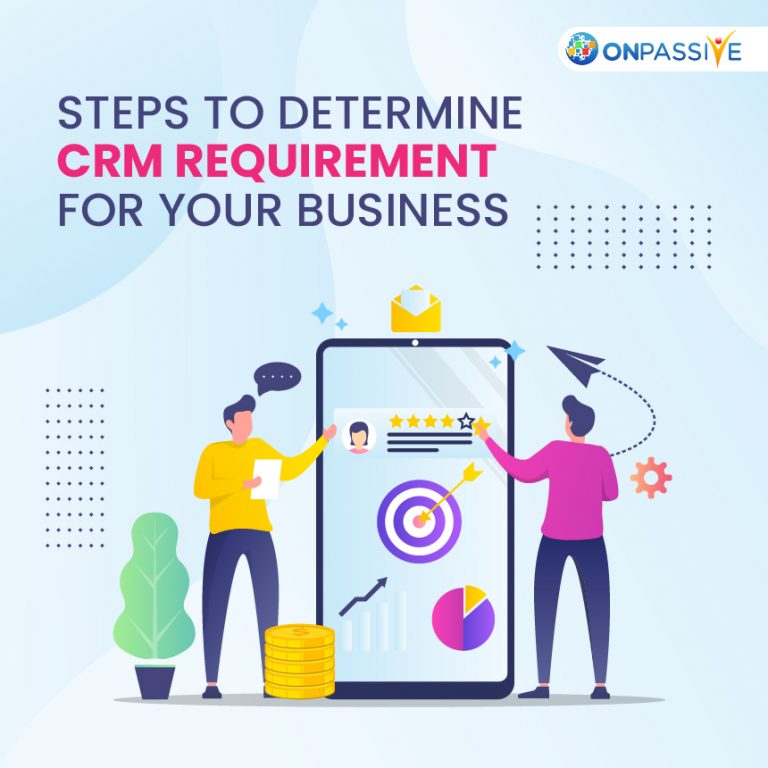
The significant changes in economic conditions due to the global pandemic resulted in many changes, including the way businesses are conducted and operated. There is an increasing need for businesses to emphasize more on re-examining their operations and CRM (customer relationship management) software to meet the present challenges.
Coming up with more customer-centric strategies have become essential for organizations. Therefore, companies need to get the best CRM software that provides them with a report on workforce performance, accurately predict revenue and show the return on their activities as frequently as possible or on a weekly basis.
A CRM tool or software is generally used by companies to manage their customer and client relationship and provides them with more profound insights on clients and customers. Organizations are loaded with a lot of valuable customer data. The best CRM software enables them to make sense of this data, track customer interaction with your business and helps improve the overall value of a customer.
However, each business has its own requirements and will need different features from its CRM tool according to their preferences. The deeper an organization defines CRM requirements, the more successful they get in their CRM implementation for their businesses.
Steps to determine CRM Requirement for your Business
The following are few crucial steps that help companies determine their CRM requirements:
The objective of getting a CRM Tool
Before deciding or purchasing a CRM tool, the first step is to have defined goals for your Customer Relationship Management system or CRM software. Organizations need to have a clear idea of what solutions they want to achieve by utilizing a CRM tool.
Most businesses usually get a CRM for any one of the following reasons:
- Centralize Business
- Make business more organized
- Produce powerful sales
- Increase profits with better customer insights
- Store crucial customer data
- Scale operations and maximize the productivity
Writing down the goals on why you want to get CRM software for your business helps you understand and be more clear n your requirements.
Decide your Budget
The pricing of the CRM tools varies greatly. While few tools come with monthly charges, others accept one time payments. Once your business has defined goals for CRM, the next step is to decide on your budget.
Organizations need to consider the following factors before deciding on a CRM budget:
- Checking if the training and implementation cost is included in the license fee
- Checking if any additional supporting tools are required along with the CRM software
- Checking If the pricing plan is scalable for your business
It is imperative to check if there are any hidden charges such as CRM implementation cost or any other additional charges before choosing a CRM software. Therefore, setting a realistic budget is essential before choosing your CRM software.
Integrating CRM with Multiple Devices
The next crucial step in deciding your CRM requirement is to check if it’s accessible on multiple devices and can be available for your sales team wherever they go. Few sales representatives are required to work from different locations out in the field and collaborate with customers. In such cases, getting a mobile CRM is the best option.
Getting a mobile CRM provides organizations with real-time updates and communication while increasing productivity. Salesforce is also provided with access to crucial data such as product information and weekly schedules while enabling them to make data entry on the spot without going to the office.
Once you understand your CRM requirements, you can start looking for various vendors and check the CRM software used by other organizations. Checking reviews and ratings is also essential before getting the right software for your organization.
It is also vital for businesses to go through in depth CRM software checklist before getting one.
The must-have CRM software requirements checklist include:
- Marketing Automation Tools
- Built-in Reporting and Analytics
- Sales and Marketing Tracking
- Integration support
- Advanced communication features
- User-friendly nature
- Customer service and support tools
By looking at the checklist as mentioned above, businesses can quickly determine their CRM requirements to enable them to choose the best fit for their company.
Conclusion
Not all CRM tools are created the same, and the requirements for CRM software differ from company to company. Therefore, organizations need to have a set of defined goals, a proper budget plan and properly determine their needs and requirements before choosing a suitable CRM software for their business.
Few companies are developing their CRM tools based on their requirements. ONPASSIVE, for instance, is an AI tech company and came up with a scalable CRM application, “O-Desk ( erstwhile O-Lead )”. O-Desk is an ONPASSIVE CRM Tool and is powered with Artificial Intelligence and is very useful In redefining customer relationship while moving the organization towards success and maximizing its productivity.



Patricio Rivers
3 years ago